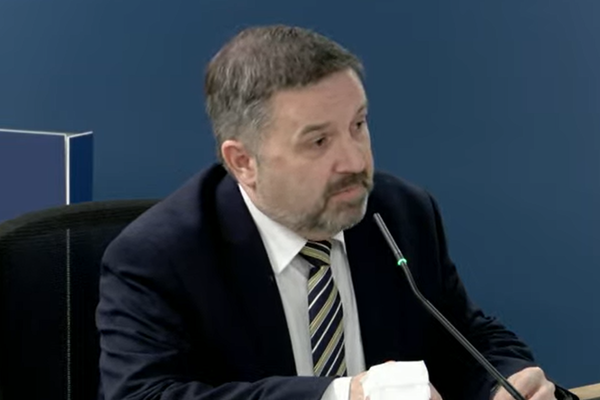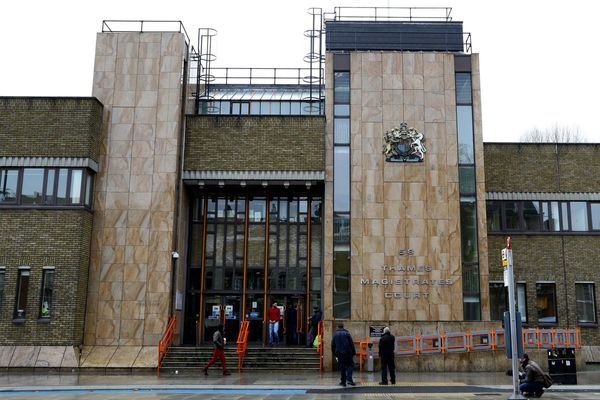
If yesterday’s directions hearing is any guide, the hearing of Lachlan Murdoch’s claim against Crikey will take much longer than the nine days it has been set down for next March.
Murdoch’s barrister Sue Chrysanthou SC was on her feet for most of yesterday’s marathon six-and-a-half-hour preliminary hearing in the Federal Court in Sydney. For much of that time, she was telling Justice Michael Wigney that the new, untested “public interest” defence to a defamation action was harder for the media to establish than existing defences.
“The new dawn promised to the media by reason of this defence is not going to happen,” she said, adding that the defence contained “wholly recycled terms”.
Lachlan Murdoch, chief executive of Fox Corporation and elder son of Australian-born media mogul Rupert, filed defamation proceedings against Crikey last month over a June 29 article entitled, “Trump is a confirmed unhinged traitor. And Murdoch is his unindicted co-conspirator”. The article refers to the role of Fox News in the deadly US Capitol riots on January 6 2021.
The trial is scheduled to start on March 27 2023 and is estimated to last for nine days, but that now looks to be optimistic.
“Public interest” was added to the list of defences to defamation last year after a coalition of Australian media companies campaigned for its inclusion.
Under the new public interest defence, Private Media, the publisher of Crikey, must prove the article concerned an issue of public interest and it “reasonably believed that the publication of the matter was in the public interest”.
Crikey has rejected Murdoch’s claim that the article satisfied a new serious harm test that is now law in most parts of Australia, including in NSW, the site of the trial.
Under that test, Murdoch must demonstrate that the article “caused, or is likely to cause, serious harm” to his reputation.
Murdoch alleges the article conveys a range of false and defamatory meanings, including that he “illegally conspired with … Trump to incite an armed mob to march on the Capitol” on January 6 2021.
Crikey denies this. If the court finds during the trial that the serious harm test has been satisfied, then Crikey will rely on the new “public interest” defence, which has not yet been tested.
In its written defence, Private Media says it reasonably believed the article was in the public interest and that the references to the Murdochs were “self-evidently hyperbolic” and “no one would read the words literally as suggesting that the Murdochs were guilty of criminal conspiracy”.







